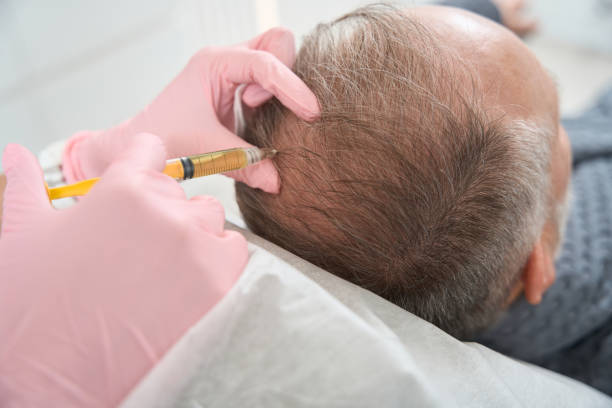Heart Failure Treatment: Early Detection and Management Options
Heart failure affects millions of Americans and requires prompt medical attention to prevent serious complications. Understanding the early warning signs and available treatment options can make a significant difference in managing this condition effectively. Early detection combined with appropriate medical care helps patients maintain a better quality of life and reduces the risk of hospitalization.

What Are the Early Signs of Congestive Heart Failure?
Recognizing the initial symptoms of congestive heart failure can lead to earlier intervention and better outcomes. Common early signs include persistent fatigue, difficulty sleeping flat, and unexplained weight gain over a few days. Many patients also experience a dry, hacking cough that worsens at night or when lying down.
Other early indicators include reduced exercise tolerance, where activities that were once easy become challenging. Some people notice increased urination at night or a general feeling of weakness. These symptoms often develop gradually, making them easy to dismiss as normal aging or other health issues.
Warning Signs of Heart Failure in Elderly
Older adults may experience heart failure symptoms differently than younger patients. Confusion or difficulty concentrating can be prominent early signs in elderly individuals. They may also experience more pronounced fatigue during routine daily activities or have trouble maintaining their usual level of independence.
Elderly patients often develop fluid retention more quickly, leading to rapid weight gain and increased swelling. Memory problems and decreased appetite are also common warning signs that family members should monitor. Falls or dizziness may increase due to reduced cardiac output affecting blood flow to the brain.
Signs of Heart Failure in Women
Women may experience heart failure symptoms that differ from the classic presentations seen in men. Instead of chest pain, women often report unusual fatigue, nausea, or jaw pain. They may also experience heart palpitations or irregular heartbeats more frequently.
Female patients commonly report feeling unusually tired after normal activities or having difficulty completing household tasks they previously managed easily. Some women describe a feeling of fullness or bloating in the abdomen, which can be mistaken for digestive issues. Sleep disturbances and anxiety may also be more prominent in women with developing heart failure.
Shortness of Breath and Heart Failure
Breathing difficulties represent one of the most significant warning signs of heart failure. Initially, shortness of breath may occur only during physical activity or exercise. As the condition progresses, patients may experience breathing problems during rest or while lying flat.
This symptom develops because the heart cannot pump blood effectively, causing fluid to back up into the lungs. Patients often describe feeling like they cannot catch their breath or experiencing a sensation of drowning. The shortness of breath typically worsens gradually and may be accompanied by wheezing or a feeling of chest tightness.
Swollen Legs and Heart Failure Connection
Leg swelling, particularly in the ankles and feet, occurs when the heart cannot effectively circulate blood throughout the body. This causes fluid to accumulate in the lower extremities due to gravity. The swelling typically worsens throughout the day and may improve somewhat after sleeping with legs elevated.
Patients may notice their shoes feeling tighter or indentations remaining in their skin after removing socks. The swelling often starts in the feet and ankles but can progress up the legs to include the calves and even the abdomen. Pressing on the swollen area typically leaves a temporary indentation, known as pitting edema.
Treatment costs for heart failure vary significantly depending on the severity of the condition and required interventions. Basic medications like ACE inhibitors and diuretics typically cost between $20-$100 per month. More advanced treatments, including specialized heart failure medications, can range from $200-$500 monthly. Hospital stays for heart failure management average $8,000-$15,000 per admission.
| Treatment Type | Average Monthly Cost | Annual Estimate |
|---|---|---|
| Basic Medications | $50-$150 | $600-$1,800 |
| Specialized Drugs | $300-$800 | $3,600-$9,600 |
| Device Therapy | $25,000-$50,000 | One-time cost |
| Regular Monitoring | $200-$400 | $2,400-$4,800 |
Prices, rates, or cost estimates mentioned in this article are based on the latest available information but may change over time. Independent research is advised before making financial decisions.
Heart failure treatment has evolved significantly with advances in medications, devices, and surgical interventions. Early detection through recognition of warning signs allows for prompt medical evaluation and treatment initiation. Working closely with healthcare providers and following prescribed treatment plans helps patients manage symptoms effectively and maintain their quality of life. Regular monitoring and medication adjustments remain essential components of successful heart failure management.
This article is for informational purposes only and should not be considered medical advice. Please consult a qualified healthcare professional for personalized guidance and treatment.




